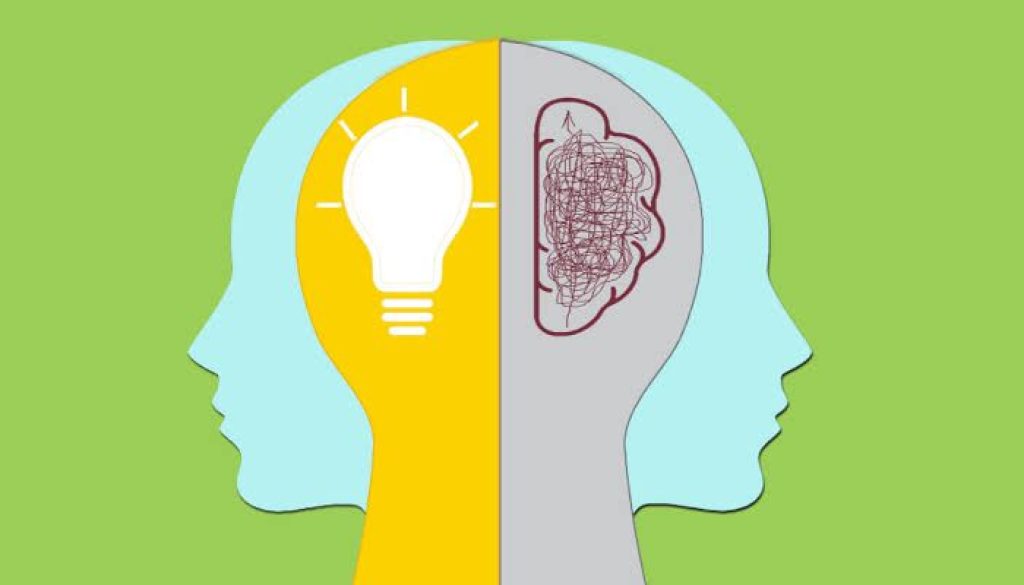The Connection Between Self-Discipline and Mental Well-Being
Self-discipline is often associated with strict routines, hard work, and achievement. However, its impact extends beyond success in work or personal goals. When balanced and approached healthily, self-discipline can play a crucial role in improving mental well-being, fostering resilience, and helping individuals live more fulfilling lives.
What is self-discipline?
Self-discipline is the ability to control one’s emotions, thoughts, and behaviors to achieve long-term goals. It involves choosing actions that align with values and objectives, even when faced with distractions or temporary discomfort. Far from being rigid or punishing, healthy self-discipline empowers individuals to create structure and develop habits that support their physical and emotional health.
How self-discipline enhances mental well-being
1. Creates a sense of control
When life feels overwhelming, having self-discipline provides a sense of agency. Setting and achieving small, manageable goals helps build confidence and reassures individuals that they can handle challenges effectively.
2. Reduces stress through routines
A structured routine eliminates decision fatigue, allowing individuals to conserve mental energy for what truly matters. Predictable schedules reduce anxiety by providing stability and a clear path forward, even in uncertain circumstances.
3. Encourages healthier coping mechanisms
Self-discipline can help replace harmful habits with healthier ones. For instance, exercising regularly, eating nutritious meals, or practicing mindfulness become consistent actions that improve both physical and emotional health.
4. Boosts self-esteem
Achieving goals, no matter how small, fosters a sense of accomplishment. Over time, this builds self-worth and confidence, which are essential for maintaining good mental health.
5. Helps manage negative emotions
Self-discipline teaches individuals to respond to emotions constructively. Instead of reacting impulsively to stress, anger, or sadness, they learn to pause and choose actions that support their long-term well-being.
6. Promotes resilience
Life’s challenges are inevitable, but self-discipline equips individuals with the mental toughness to navigate setbacks. By staying committed to their goals, they develop a sense of perseverance that enhances emotional resilience.
Balancing self-discipline and self-compassion
While self-discipline is beneficial, it’s essential to balance it with self-compassion. Excessive self-discipline can lead to burnout, perfectionism, or feelings of inadequacy when goals are not met. A healthy balance involves:
– Allowing flexibility in routines when needed.
– Acknowledging and celebrating progress, not just perfection.
– Being kind to oneself during setbacks or difficult periods.
Practical ways to build self-discipline
1. Start small
Focus on one habit at a time. For example, commit to 10 minutes of daily meditation instead of attempting an hour-long session right away.
2. Set clear goals
Define specific, measurable, and realistic goals that align with your values. This clarity provides motivation and direction.
3. Break tasks into steps
Large tasks can feel overwhelming. Divide them into smaller, actionable steps to make them more manageable.
4. Create accountability
Share your goals with a friend or use a journal to track progress. Accountability increases commitment and helps maintain focus.
5. Reward yourself
Celebrate milestones, no matter how small. Positive reinforcement strengthens the connection between discipline and satisfaction.
6. Practice self-awareness
Pay attention to how your habits and routines affect your mental health. Adjust your approach if you feel overly stressed or rigid in your routines.
In conclusion
Self-discipline is not about perfection or restriction but about creating a foundation for a healthier, happier life. By practicing intentional habits and balancing discipline with self-care, individuals can cultivate mental well-being and enjoy a greater sense of purpose and fulfillment.



